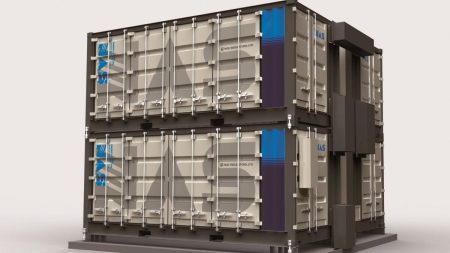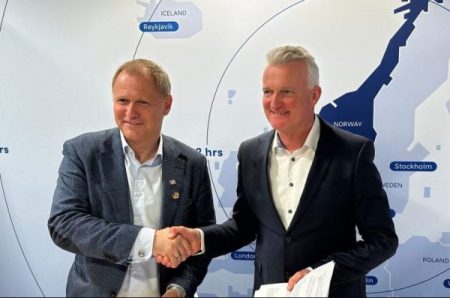
29 March 2014, Johannesburg – At least three African nations are looking to add nuclear power to their grid. Kenya and Nigeria want to establish nuclear energy, and South Africa, the only sub-Saharan nation with nuclear facilities, is looking to expand its capabilities. Until now, African nations have relied on age-old forms of energy generation: Hydropower and coal among them. But those sources have taken a social and environmental toll, displacing communities. But does Africa have the means to turn on nuclear power?
A NASA space flight over a darkened continent illuminated a fact that many Africans already know. The World Bank says fewer than 10 percent of African households have access to electricity. That, in turn, hampers industry and development on the world’s poorest continent.
This dire need for power has pushed many African nations to consider nuclear energy – increasingly popular in developing and developed nations such as the U.S., India and China.
Kelvin Kemm, a South African nuclear physicist, said Africa needs to look beyond traditional sources, such as water and hydrocarbons.
“Africa is very largely fueled with hydropower. And in Africa it’s possible to have droughts that last a couple of years,” he said. “Therefore it’s very risky to build an economy on hydropower. Many are not fortunate enough to have coal and gas, and therefore nuclear is an ideal solution for Africa.”
South Africa is the only African nation to have successfully developed nuclear technology, and gave up its weapons program in the 1990s. Today, the Koeberg Nuclear Power Station produces about 5 percent of the nation’s electricity.
President Jacob Zuma said he wants more nuclear power to decrease the nation’s reliance on coal.
“We expect to conclude the procurement of 9,600 megawatts of nuclear energy,” he said.
Kenya and Nigeria say they too are building their nuclear programs to meet rising electricity needs from their burgeoning populations.
According to Kemm, the power needs in Africa are so dire that ordinary power sources can’t meet demand the way nuclear power can.
“They need to double electricity consumption immediately, and then double it again, and again and again for their people,” he said.
– VOA



